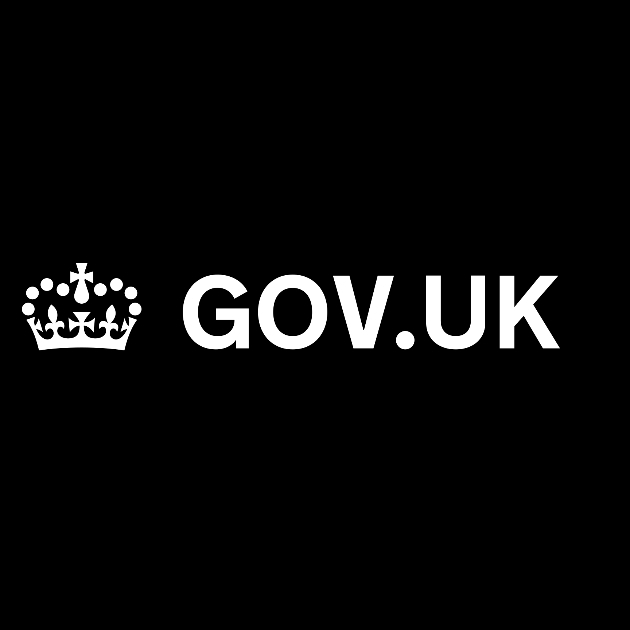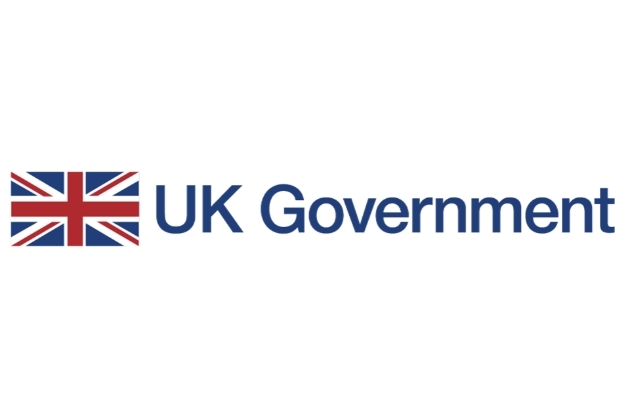The new tariff is tailored to the needs of the UK economy. It will support the economy by making it easier and cheaper for businesses to import goods from overseas. It's a simpler, easier to use and lower tariff regime than the EU's Common External Tariff (EU CET) and will be in pounds (£), not euros.

This will lower costs for businesses, ensuring they can compete on fair terms with the rest of the world, as well as keeping prices down and increasing choice for consumers.
The Government is maintaining tariffs on a number of products backing UK industries such as agriculture, automotive and fishing. This will help to support businesses in every region and nation of the UK to thrive. Some tariffs are also being maintained to support imports from the world's poorest countries that benefit from preferential access to the UK market.
The UKGT was designed following widespread engagement with businesses across the UK. As it will come into force on 1 January 2021, it's important that businesses can familiarise themselves with the new tariff regime ahead of this date.

Maintaining tariffs on agricultural products such as lamb, beef, and poultry.
Maintaining a 10% tariff on cars.
Maintaining tariffs for the vast majority of ceramic products.
Removing tariffs on £30 billion worth of imports entering UK supply chains.
0% tariffs on products used in UK production, including copper alloy tubes (down from 5.2%) and screws and bolts (down from 3.7%).
UK consumers will also benefit from more choice and lower costs on numerous goods thanks to zero tariffs. These include, for example:
Dishwashers (down from 2.7%).
Freezers (down from 2.5%).
Sanitary products and tampons (down from 6.3%).
Paints (down from 6.5%) and screwdrivers (down from 2.7%).
Mirrors (down from 4%).Scissors and garden shears (down from 4.7%).
Padlocks (down from 2.7%).
Cooking products such as baking powder (down from 6.1%), yeast (down from 12%), bay leaves (down from 7%), ground thyme (down from 8.5%) and cocoa powder (down from 8%).
Christmas trees (down from 2.5%).
The Government will promote a sustainable economy by cutting tariffs on more than 100 products to back renewable energy, energy efficiency, carbon capture, and the circular economy.
The following are all dropping to zero tariffs:
Thermostats (down from 2.1%).
Vacuum flasks (down from 6.7%).
LED lamps (down from 3.7%).
Bike inner tubes (down from 4%).
Almost all pharmaceuticals and most medical devices (including ventilators) are tariff free in the UKGT. However, some products used to fight COVID-19 maintain a tariff. To ensure those working on the frontline can access vital equipment easily, the UK has introduced a temporary zero tariff rate on these products. This relief waives the tariff and VAT for personal protective equipment (PPE), medical devices, disinfectant and medical supplies from non-EU countries.
The UKGT will apply to all goods imported into the UK unless:
An exception applies, such as a relief or tariff suspension; the goods come from countries that are part of the Generalised Scheme of Preferences; and the country you're importing from has a trade agreement with the UKIt only shows the tariffs that will be applied to goods at the border when they're imported into the UK.
It doesn't cover:
Other import duties, such as VAT; the precise details of trade remedies measures; other restrictions on imports, such as anti-dumping, countervailing or safeguards.
Goods covered by a tariff-rate quota
Some products are covered by a tariff-rate quota. This allows a limited amount of a product to be imported at a zero or lower tariff rate.The limit may be expressed in units of: weight; volume; quantity; value.
If this limit is exceeded, a higher tariff rate applies.
If there's a tariff-rate quota on your product, you can apply to import a limited amount at a reduced rate of customs duty.
Some tariff-rate quotas are only applicable to products imported from a specified country.
For help and advice you can visit the website:http://supremefreight.com/contact-us/ or the Government website: https://www.gov.uk/guidance/uk-tariffs-from-1-january-2021